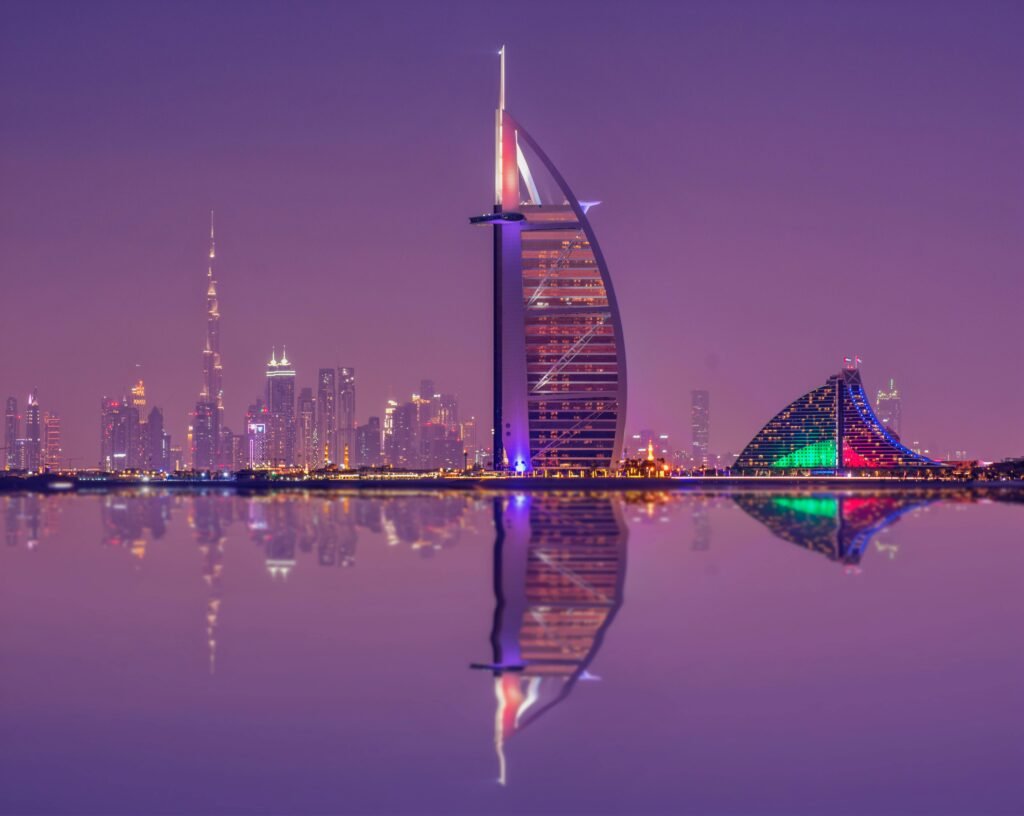
Dubai, the dazzling city in the United Arab Emirates, beckons investors with its futuristic skyline, luxurious lifestyle, and thriving business environment. However, with climate change posing a growing threat, a crucial question emerges: is Dubai a sound investment considering potential floods and rising sea levels? Here’s a balanced analysis to help you make an informed decision:
Dubai’s Strengths:
- Forward-Thinking Approach: Dubai’s government has acknowledged the risks of rising sea levels and has invested heavily in ambitious coastal protection projects like the Palm Jumeirah breakwaters. They are constantly innovating and adapting to mitigate climate-related challenges.
- Infrastructure Investments: Dubai boasts world-class infrastructure, including advanced drainage systems and flood control measures. Continuous investments in these areas could further enhance resilience against extreme weather events.
- Economic Diversification: Dubai’s economy is not solely reliant on tourism and real estate. The government’s focus on fostering innovation and developing sectors like renewable energy and technology helps spread investment risks.
Climate Change Concerns:
- Rising Sea Levels: Scientific projections indicate rising sea levels that could threaten coastal areas in Dubai. While coastal protection projects offer some mitigation, the long-term impact remains a concern for some investors.
- Increased Flooding: Climate change could lead to more frequent and intense rainfall events, potentially causing flooding in low-lying areas. Investing in flood-prone zones could lead to future complications.
- Heat and Water Scarcity: The region already experiences scorching temperatures and water scarcity. Climate change could exacerbate these issues, impacting quality of life and potentially affecting certain industries.
Making an Informed Decision:
- Location Matters: Investing in high-rise properties further inland or in areas specifically designed to withstand rising sea levels might be a safer bet. Conduct thorough research on the specific location before investing.
- Long-Term Vision: Consider the project’s timeline and how it incorporates climate change considerations. Investing in developments with sustainable practices and future-proof infrastructure might offer better long-term value.
- Seek Expert Advice: Consult with financial advisors and real estate professionals with expertise in the Dubai market and an understanding of climate-related risks.
Beyond the Risks:
- Innovation Hub: Dubai is a hub for innovation and technological advancements. Investments in sectors like clean technology or sustainable infrastructure could potentially benefit from the city’s focus on future-proofing itself.
- Government Commitment: The Dubai government’s commitment to tackling climate challenges and investing in adaptation strategies is a positive sign for long-term investors but still we never know what is nature’s answer when we try to mess with it by manual efforts to make it rain and similar stuff they have been trying over there.
Investing in Dubai requires careful consideration. While the city offers undeniable allure, climate change poses significant risks. By thoroughly researching specific locations, project strategies, and seeking expert guidance, you can make a well-informed decision that balances potential risks with Dubai’s enduring strengths and commitment to adaptation. Remember, a successful investment hinges on understanding both the opportunities and the challenges that lie ahead.








